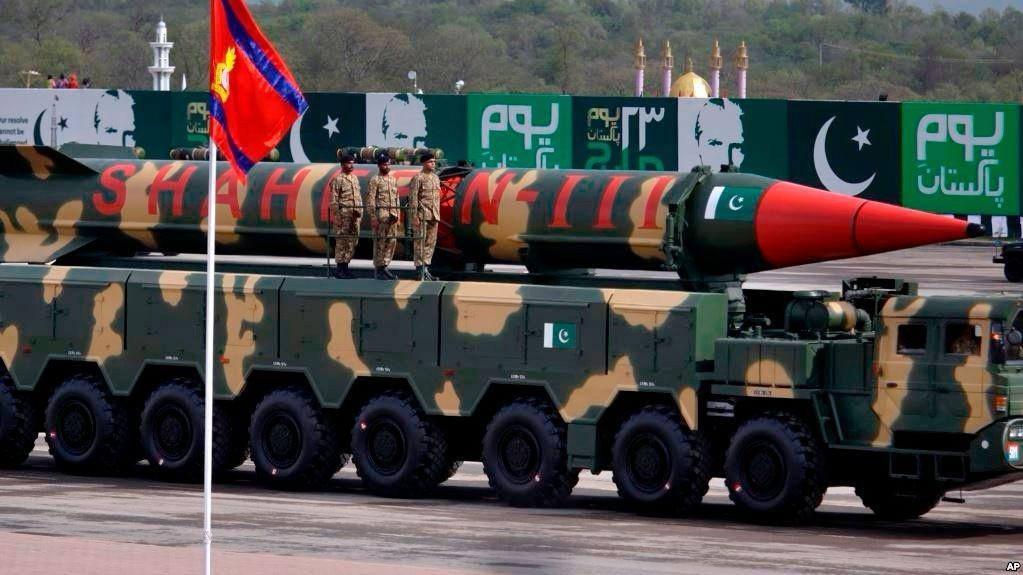
Pakistan has defended its record on nuclear safety after the United States sanctioned seven Pakistani companies over alleged links to the nuclear trade, saying the suspicions over the companies should not be used to discredit it.
Ties between the United States and nuclear-armed Pakistan have frayed in recent years over Pakistan’s suspected support for Islamist militants waging war in Afghanistan, something Pakistani officials deny.
The U.S. Bureau of Industry and Security, Commerce imposed sanctions on the Pakistani companies on March 22, placing them on its “Entity List”, making it harder for them to operate in the United States and do business with U.S. companies.
The sanctions could complicate Pakistan’s bid to join the Nuclear Suppliers Group, a 48-nation club dedicated to curbing nuclear arms proliferation by controlling the export and re-transfer of materials that could foster nuclear weapons development.
Pakistan’s foreign office said on March 27 that many companies around the world are placed on the U.S. commerce department’s Entity List, including businesses from countries that are part of the NSG, and the sanctions should not be politicized by Pakistan’s opponents.
“Pakistan’s efforts in the area of export controls and non-proliferation as well as nuclear safety and security are well known. Pakistan and U.S. have a history of cooperation in these areas,” the foreign office said in a statement late on Monday.
“We reject attempts by Pakistan’s detractors to exploit these listings to cast aspersions on Pakistan’s non-proliferation credentials.”
Pakistan applied to join the NSG in 2016 but little progress has been made.
The United States has been concerned about Pakistan’s development of new nuclear weapons systems, including small tactical nuclear weapons, and has been trying to persuade it to make a unilateral declaration of “restraint.”
The seven privately owned companies, which are little known in Pakistan, are accused of either being involved in “proliferation of unsafeguarded nuclear activities” or helping other Pakistani companies already on the Entity List.
Pakistani officials have in the past been accused of handing over nuclear secrets to North Korea. The government has denied the accusations.
A U.N. nuclear watchdog said in 2008 that a network around Pakistani scientist Abdul Qadeer Khan, lionized at home as the father of Pakistan’s atomic bomb, smuggled nuclear weaponization blueprints to Iran, Libya and North Korea and was active in 12 countries.